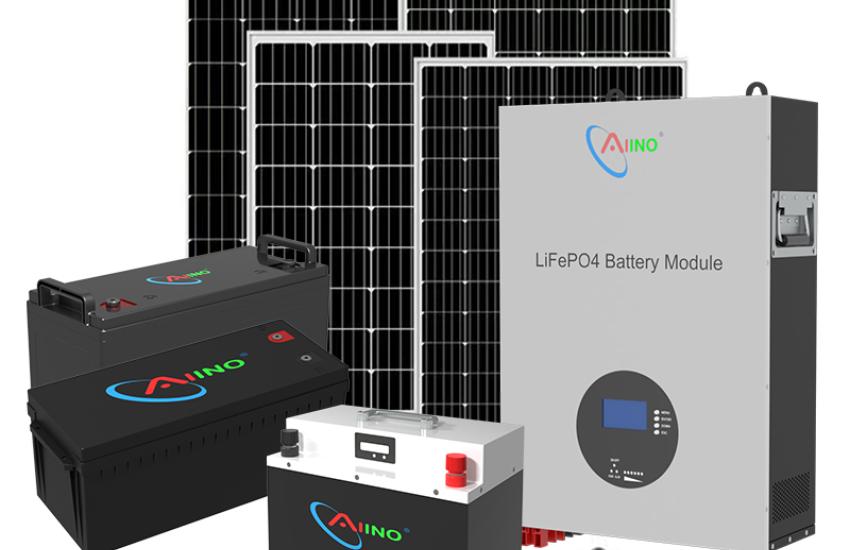Best Cheapest home battery storage
Are Home Battery Storage Worth It?
The idea that electricity can be stored and used later, rather than sold back to the grid, would be a more attractive option. Home batteries can help reduce your electricity bills, especially if you live in a sunny state. However, net-zero energy can only be achieved by homes powered by clean energy captured by solar panels and stored in batteries.
The stored electricity can fill the gas tanks of electric vehicles or keep the lights on in homes and communities with grid failures. That's the idea of making your home more resilient. In addition, it can keep some important electric items such as refrigerators and freezers running during increasingly frequent natural or man-made disasters.
As the same grid becomes more complex, there is even an opportunity for homeowners to sell their energy to the utility during periods of high demand (such as 5-8pm)
Solar home battery storage have been around for a while. However, they are still a young but fast-growing market as manufacturers continue to ramp up production to meet growing demand. No one company dominates the market; look at the current market.
How much battery power does a house need?
The amount of battery storage required depends on your home's energy usage. Energy usage over a period of time is measured in kilowatt hours - for example, a home requiring 1000 watts for 10 hours per day = 10 kWh per day. When calculating, you need to consider the performance of the battery and how much continuous output you need. A solar professional must be consulted to properly size panels and cells for your needs.
Are Lithium Batteries Better than Lead Acid Batteries?
It takes several lithium-ion batteries to power a home for a day or more. Lead-acid batteries that have been in use for decades are less efficient, have less storage space and are often larger, and don't last as long. Lithium batteries can be partially charged without any adverse effects.
Can home battery storage Save You Money?
The good news is that utilities are developing their pricing mechanisms. A handful of states have started using "cost avoidance" to pay for electricity generated by residential solar installations, including Nevada and Hawaii. The avoided cost reimbursement is much less at 4 cents kWh. At this rate, using your stored electricity will save money, making storage an even more desirable option.




